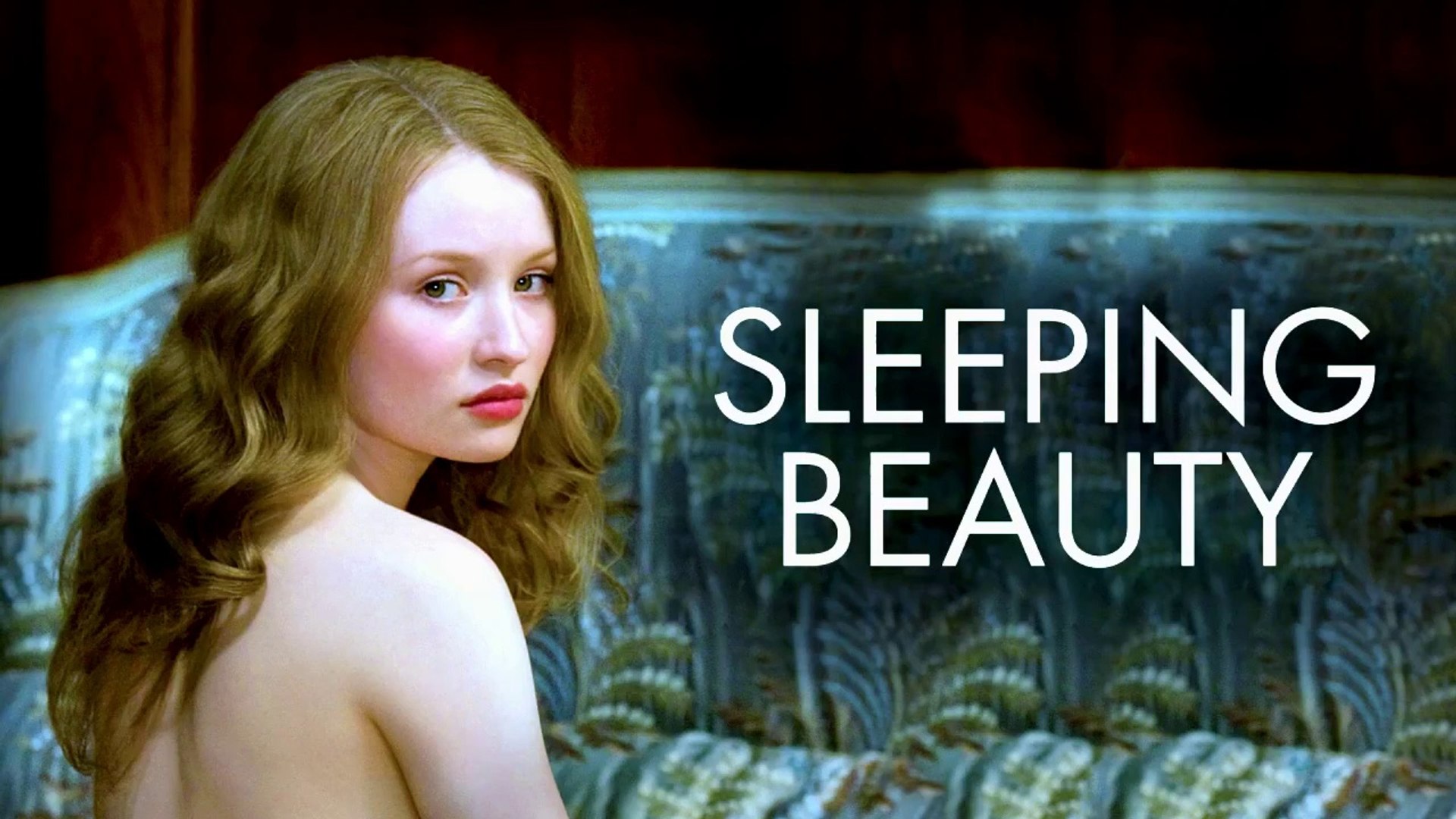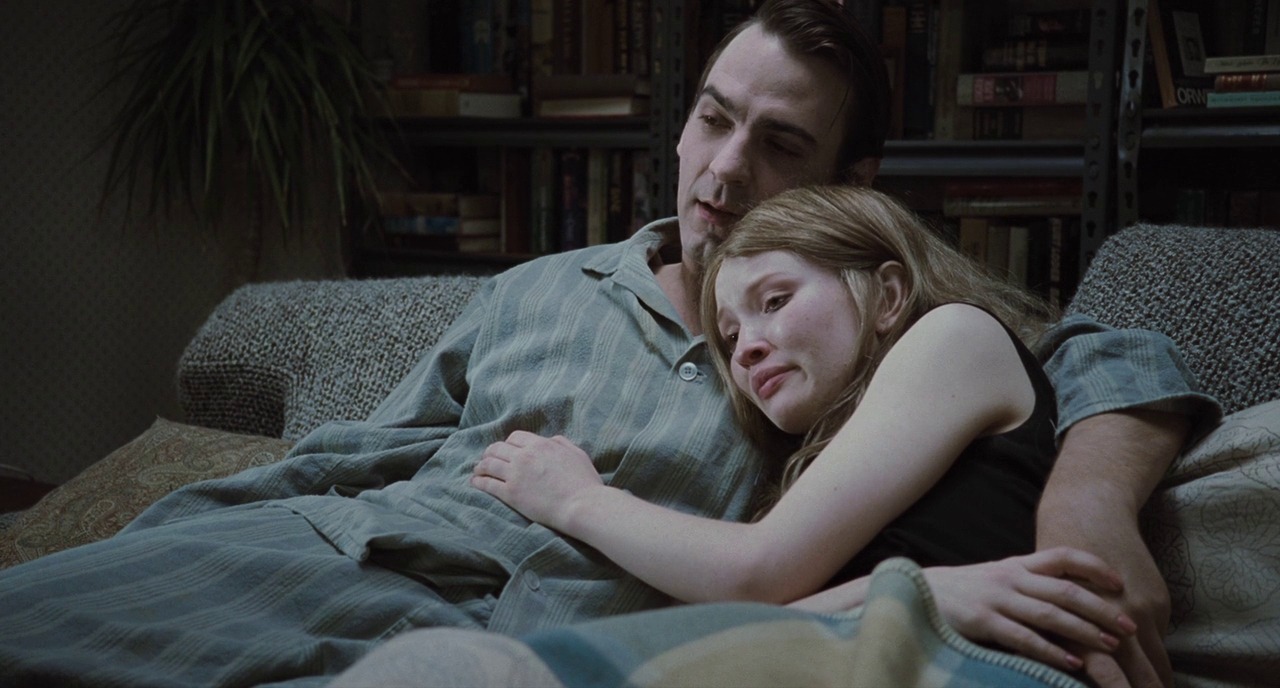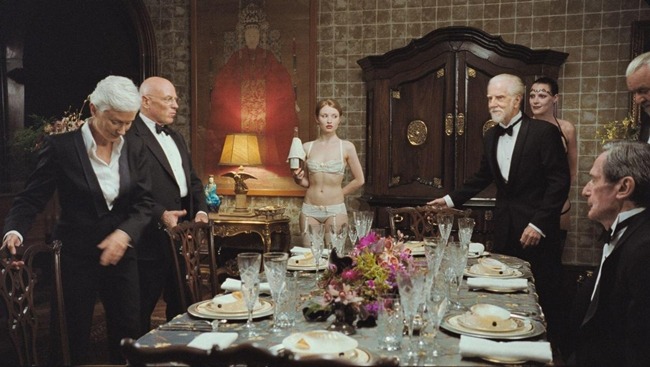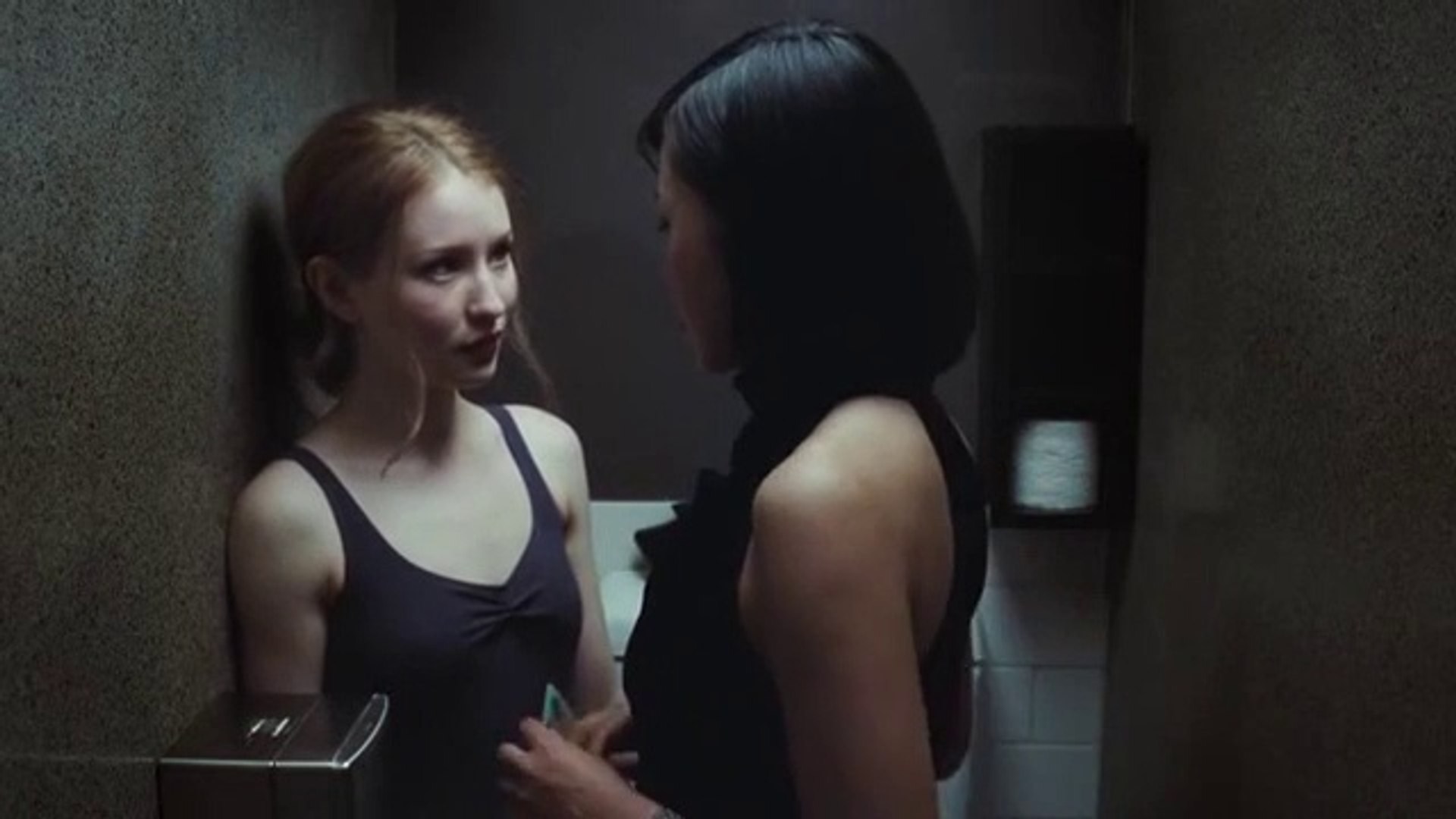Sleeping Beauty (2011)

“Sleeping Beauty” (2011) is a bold and controversial Australian drama written and directed by Julia Leigh in her feature film directorial debut. The film follows a young university student named Lucy, portrayed by Emily Browning, who becomes involved in a mysterious and unsettling world of sexual submission. “Sleeping Beauty” explores themes of power, control, and the complexity of human desire, challenging the boundaries between innocence and exploitation.
The central character of Lucy is a young woman who, struggling with financial difficulties, takes a job in a highly unconventional setting. She becomes involved in a secretive arrangement where she participates in intimate encounters with wealthy men, but without active engagement or emotional connection. Instead, Lucy’s role is passive: she is drugged and placed into a deep, sleep-like state during the encounters, rendering her unable to respond to her clients. The film’s portrayal of this passive submission is both haunting and provocative, raising questions about agency, exploitation, and the nature of intimacy.
Emily Browning’s performance as Lucy is both delicate and powerful. Her portrayal of a vulnerable, yet curious, young woman who enters a world she doesn’t fully understand adds emotional depth to the film. Browning’s ability to evoke both innocence and discomfort in her character is central to the film’s dark atmosphere. The film’s haunting visuals, combined with Browning’s performance, create a sense of unease that lingers throughout the story.

“Sleeping Beauty” is visually striking, with Julia Leigh’s direction creating an atmosphere that is both seductive and unnerving. The film features beautifully shot scenes that juxtapose the beauty of the surroundings with the disturbing nature of Lucy’s experiences. The cinematography and use of lighting contribute significantly to the film’s overall tone, emphasizing the tension between beauty and danger. Each scene is crafted with care, drawing the viewer into the surreal and troubling world in which Lucy exists.

The film’s exploration of power dynamics is central to its narrative. Lucy’s decision to enter this strange world of sexual submission is portrayed as a search for control over her own life, despite the seeming loss of power in the situations she encounters. The complex relationships between the characters in the film, particularly between Lucy and the men she encounters, delve into the darker aspects of human sexuality and desire. “Sleeping Beauty” raises questions about consent, exploitation, and the blurred lines between choice and coercion.

In conclusion, “Sleeping Beauty” (2011) is a thought-provoking and daring film that explores complex themes of sexuality, power, and vulnerability. Julia Leigh’s directorial debut challenges conventional storytelling, offering an intimate look into a world that is both alluring and unsettling. The film’s haunting visuals and strong performances, particularly by Emily Browning, make it a memorable and provocative cinematic experience. While “Sleeping Beauty” may not be for everyone, it undoubtedly leaves a lasting impression and invites deep reflection on the nature of human desire and exploitation.











